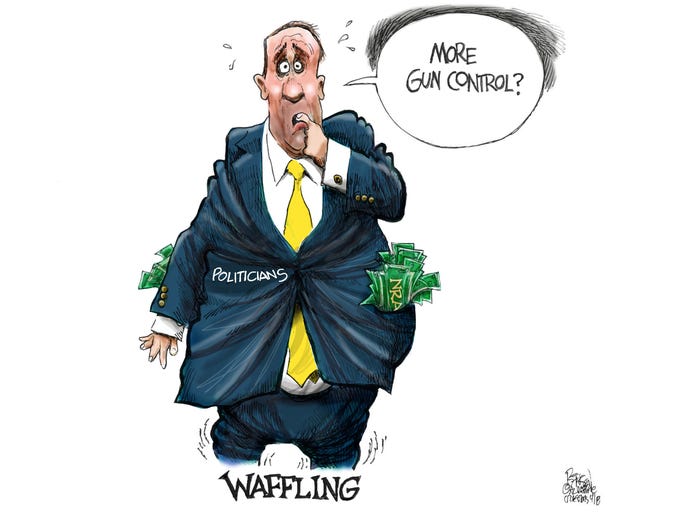
The relentless series of mass killings across the globe poses a challenge for experts. Terms like contagion and copycat killing apply in some cases, and in certain instances perpetrators' terrorist ideology intersects with psychological instability.
The coordinated assault on multiple targets in Paris, were elaborately planned operations. However, they may have contributed to some of the other attacks by troubled individuals with no established ties to the militant group.
J. Reid Meloy, a San Diego-based forensic psychologist, said some of the attackers appear to have identified with terror organization as an outlet for their own seething emotions.
"In virtually every one of these cases, there was a deeply held personal grievance - loss, anger, humiliation," Meloy said. "When they come across terror group material, they're stimulated by that. They can take their personal grievance worldwide."
Two different syndromes could be surfacing in the series of attacks - contagion, in which one attack rapidly inspires imitation attacks, and copycat incidents, in which an individual seeks to emulate a previous perpetrator.
In Germany the deadliest of four recent attacks was carried out by an 18-year-old German-Iranian who
killed nine people in Munich. Police said the young man had researched previous mass attacks, including the rampage in Norway that killed 77 people exactly five years before the Munich attack.
The
attacker who killed 84 people in Nice, France, by driving through a holiday crowd was described as a psychologically troubled and violent man, not linked directly to any terror group. But what had been a history of domestic violence and petty crime took on darker implications with his decision to use a truck as a killing machine.
Max Abrahms, a terrorism analyst who teaches political science at Northeastern University, has been using the term "loon wolf" to depict individuals whose attacks are as much the product of mental instability as of any form of radical ideology.
"Historically, governments were looking for people who seemed to be undergoing radicalization," he said. "Now, we're looking at people committing similar acts, but in some cases with no evidence they were being radicalized and maybe were being driven by mental instability." Just a thought.




